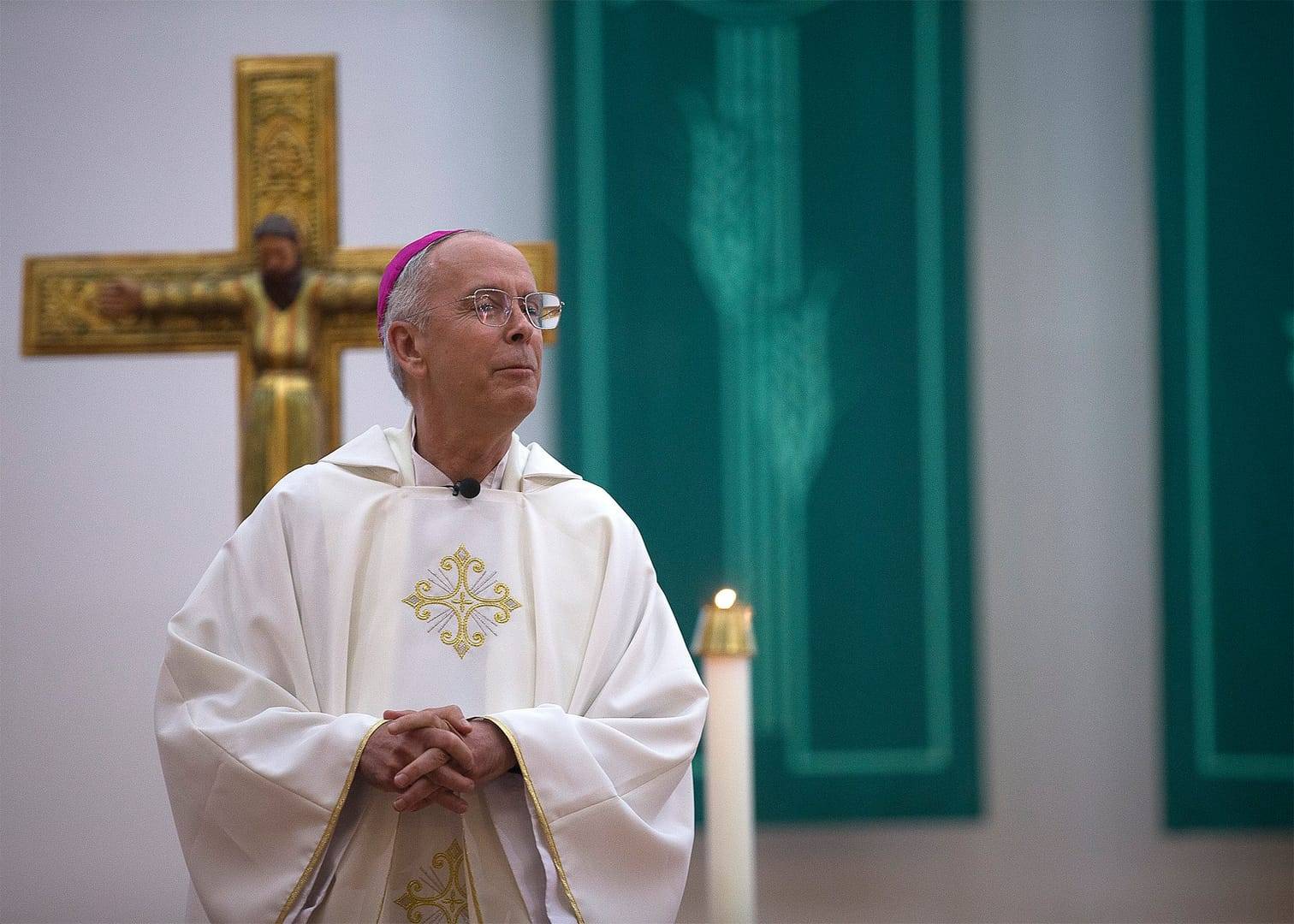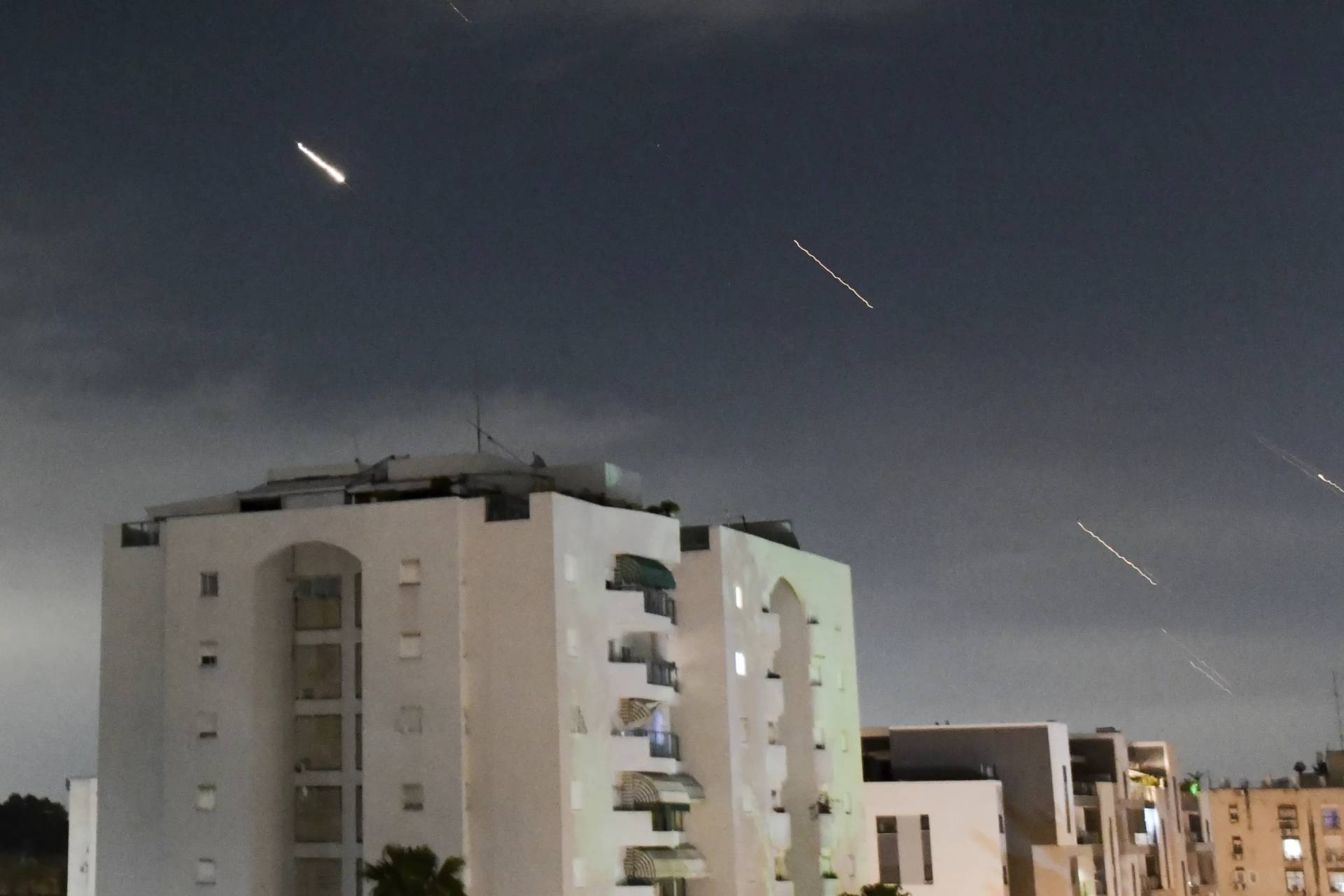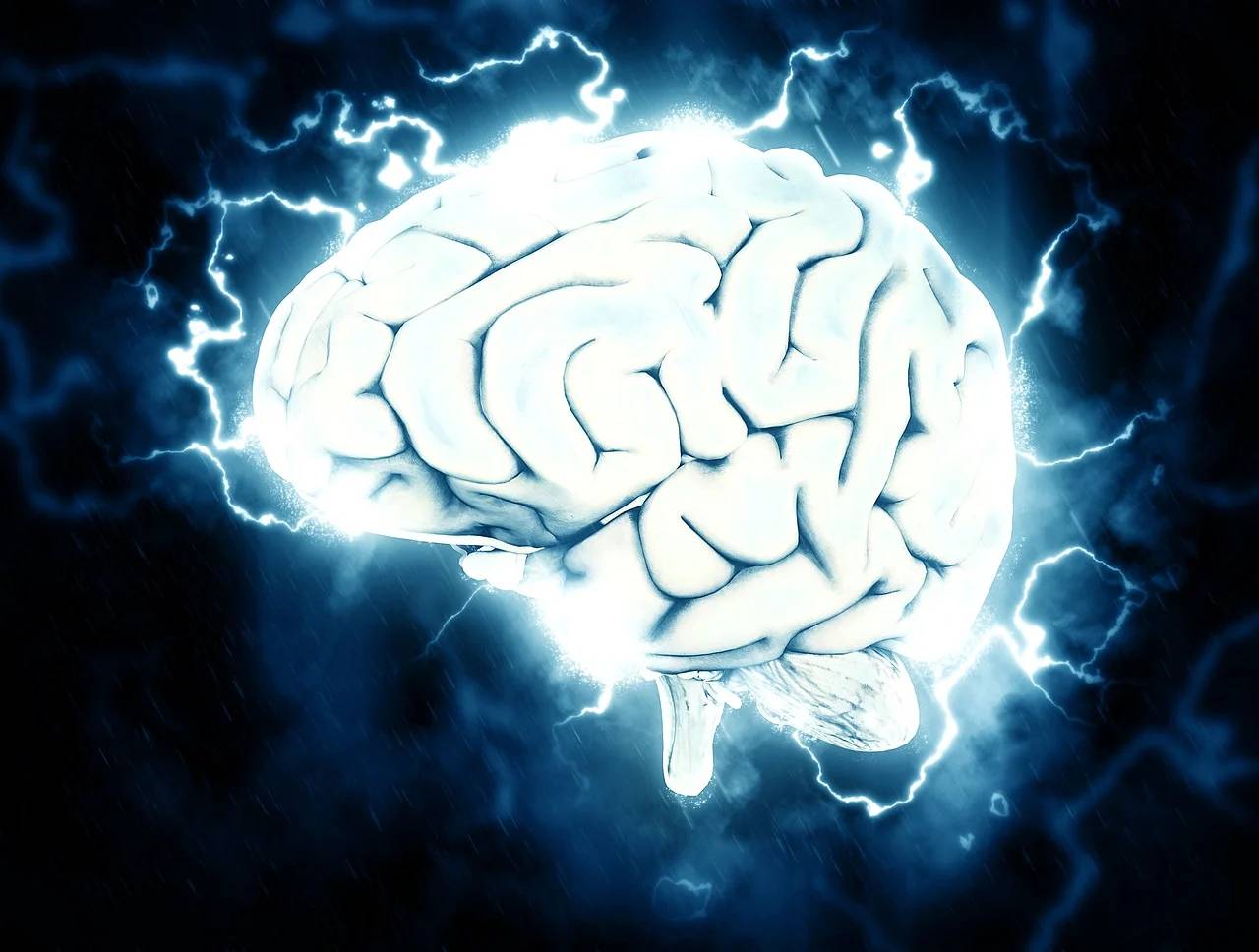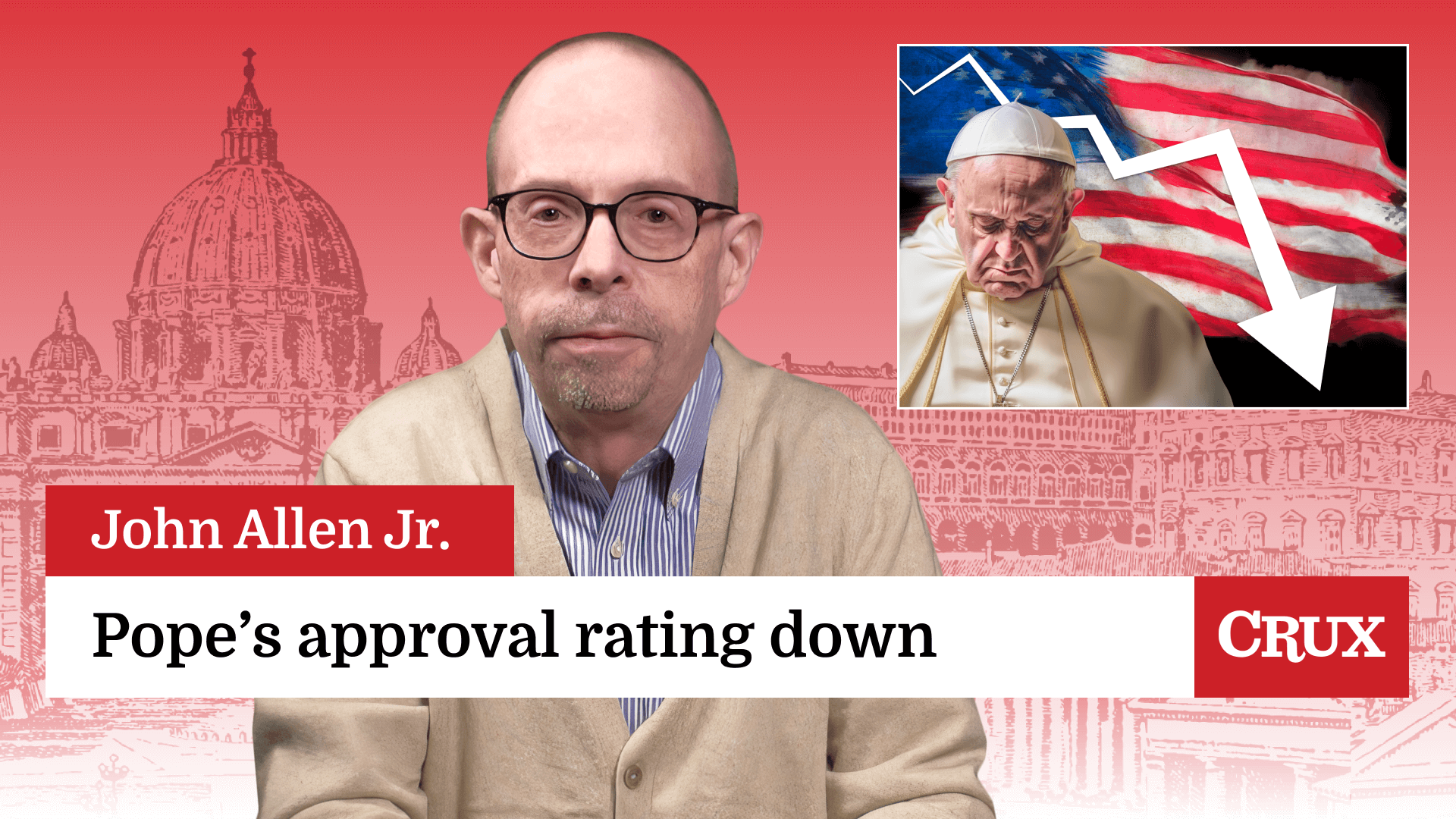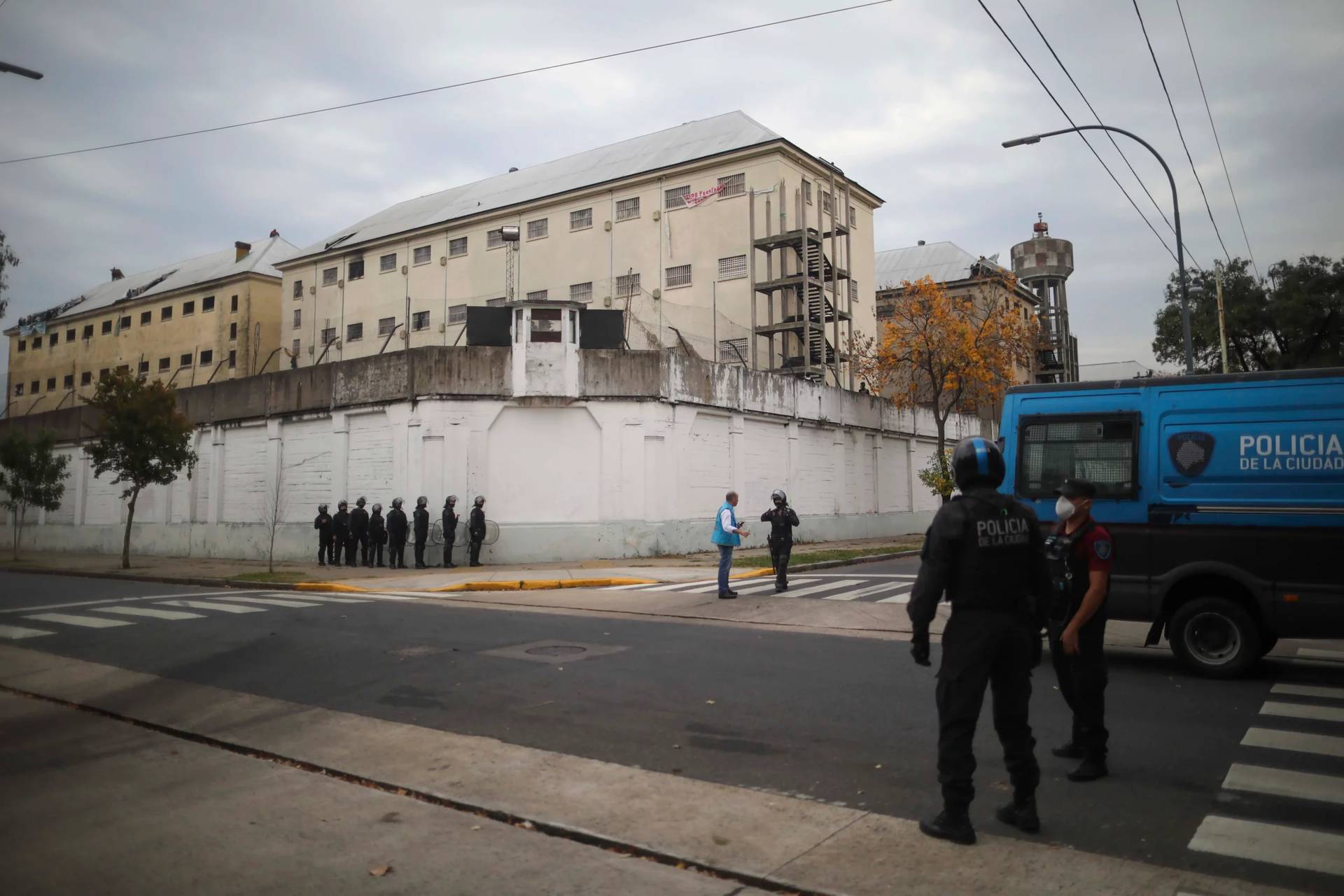Last year, Monsignor Robert Weiss, the pastor of St. Rose of Lima Parish in Newtown, Connecticut, was invited to Orlando, where he was raised, to address a gathering of priests and talk to them about how he had ministered to his community after a mass shooting at nearby Sandy Hook Elementary School had left 27 people dead in December 2012.
This past weekend, the priest was with family members, all with roots in Orlando, when he heard about the June 12 shooting rampage at a gay nightclub in his home city of Orlando that left 50 people dead, including the gunman, making it the deadliest mass shooting in U.S. history.
The unthinkable had happened again, and for him, it had hit home.
“It was really a shock,” he said in an interview with Crux.
“Here they are, going through a similar situation,” he said. “It’s been a very strong emotional reaction for me. These tragedies are just overwhelming for all of us.”
In the aftermath of the Orlando shootings, Catholic officials from three dioceses affected by earlier mass shootings reflected on what they learned from those experiences, and they emphasized how accompanying people and bringing Christ’s love to them amidst their suffering, and uniting with people in prayer, had helped bring healing to their communities.
Three and a half years ago, 20-year-old gunman Adam Lanza – after earlier murdering his mother – went on a murderous rampage at Sandy Hook Elementary School in Newtown, shooting and killing 20 first graders and six adult staff members, and then shooting himself as police arrived.
Almost immediately, Weiss was the first clergyman to arrive at the scene, to be with families, school and community members, and first responders. In the days that followed, he presided at eight funeral Masses at his parish church, which also hosted most of the wakes for the other victims.
From the outset, he was inspired by the faith of the families who had lost loved ones.
“It’s very clear this was not the hand of God. We have met evil. This is evil, darkness,” said the priest, who remembered praying with the families in the firehouse after they learned about the fate of the children and school staff members.
“From the very beginning, they never blamed God,” he said.
In the days and weeks that followed, the priest joined people at prayer services, community meetings and memorial concerts. Gifts for families and promises of prayers poured in from across the country and around the world, and his parish staff and volunteers helped however they could. Members of the Knights of Columbus served as ushers at funerals and helped sort the correspondence and distribute the gifts.
“All of us realized that we had a role to play,” said the priest. The feeling that they were not alone in their sorrow was a palpable one. He remembered receiving an email from an Irish priest who said, “Please, Father, sleep. While you sleep, we’ll be praying for you.”
On the day he was interviewed by Crux, the Connecticut pastor said he received a promise of prayers from ministers in Copenhagen, who said they knew that the tragedy in Orlando would bring back painful memories to him.
“God didn’t create us to be alone. That is our call, as Christian people, to build community, to be community for each other,” Weiss said.
For the priest – who has been pastor of St. Rose of Lima in Newtown for 17 years – that ministry of presence extended from inside his church, to taking time to listen to people and talk with them in places like the donut shop and grocery store. For two years after the tragedy at the school, the pastor didn’t take a vacation.
Weiss said a lesson he learned as a priest was “get your doors open and be present for your people,” he said. “The Lord is calling us to go out… You’ve got to take the risk and be with your people.”
The people in his community needed to know he was there for them, and they thanked him for being with them in their sorrow as they tried to find healing. “Holiness is not just prayer, it’s action,” he said. “I realized this was where I needed to be.”
The news of the Orlando shootings – in which the gunman Omar Mateen who had professed allegiance to the ISIS terror group and who targeted a popular meeting place for homosexuals – reminded the priest of the importance of being present to the suffering, and not judging anyone.
“This is life, no matter what their ethnicity, sexual orientation or their religion, we’re all children of God,” Weiss said.
Faith can bring people strength and healing in the face of such tragedy, the priest said. “We have to turn to God and trust in Him. We have to keep our faith and trust in God,” he said.
For Weiss, other lessons learned from the Newtown tragedy included the importance of people seeking counseling if they need that help, instead of trying to deal with their sorrow alone. He also said such loss offers a reminder of the importance of shoring up family relationships.
“Build up your family. Get your family relationships back in order,” Weiss said. “That’s where healing has to start, in your own family.”
For Deacon Mike Ellerbrock, the Orlando tragedy offered a reminder that evil can explode in an idyllic place.
In April 2007, gunshots rang out on the campus of Virginia Tech University, where Ellerbrock is a professor of environmental economics. That day, he was teaching a class in economics to about 300 students. Near the end of class, students started talking, and their phones were going off, and they told him that there had been a shooting on campus.
Seung-Hui Cho, a Virginia Tech senior, killed two students at a residence hall, then opened fire at a classroom building, killing 31 other people, including himself.
For Ellerbrock – like the other members of the Virginia Tech community – the loss was personal. One of his students from another class he taught was killed that day, and the deacon later assisted at the Funeral Mass at St. Jude Parish in nearby Radford for an engineering professor killed during the carnage.
The deacon also serves at St. Mary’s Parish in Blacksburg, the town where the university is located.
After his class ended, he joined other members of the clergy in comforting families and members of the university community. He was present as police officers told families that they had lost loved ones, and they wept and some fainted in response to the terrible news.
Prayer vigils were held on campus, and people prayed for the Virginia Tech community at church services throughout the state as students returned home that weekend. Richmond Bishop Francis DiLorenzo presided at all the Masses that weekend at the Blacksburg parish, to be with the people there.
The deacon said that he witnessed a “miracle” in the strength and courage exhibited by Virginia Tech students, faculty and staff members, who supported one another in their grief.
“We were not going to be destroyed by this,” he said. “The amount of true love it brought out among diverse people was incredible.”
That reaction by the university community, Ellerbrock said, proved that “death did not win. Love will conquer hatred, beyond the tears.”
The deacon who has taught at Virginia Tech for 24 years remembered how the university’s 30,000 students were told they could stay home for the rest of the semester, and they could keep their class grades at the point when they left, without having to take finals.
One week later, “almost all the students came back, not because they wanted to take finals. They wanted to stand up for the university. They were that proud to be Hokies,” he said.
That first day when classes resumed, Ellerbrock stood in front of his large economics class, and even though he taught at a public university, the clergyman did something he had never done before.
“I brought a holy water bucket from church. I began class with my deacon’s stole on,” he said. Many of the students hadn’t known that he was a deacon. He told them that in the Catholic Church, sacred things like newborn children and wedding rings are blessed, and he invited students to stand up and be blessed with holy water if they wanted to.
“You students are sacred,” he told them. The whole class stood up, and he sprinkled holy water on them.
“People were really wounded, and they wanted a connection to God,” he said.
This week after the Orlando shooting, Ellerbrock said many faculty members who are nonbelievers stopped by his office to chat with him. “They know who I am and what I believe,” he said. “I try to minister to people, meeting people where they are.”
Ellerbrock knows that some people question why God lets such tragedies happen, and wonder where God is at such times. The deacon believes Jesus who wept at the death of his friend Lazarus is with people in their sorrow and suffering.
“He didn’t abandon students in the classroom (at Virginia Tech). He was with them, just as he was with the people in the Twin Towers, just as he was with the children at Sandy Hook, just as he was with all those friends at the Pulse nightclub (in Orlando),” Ellerbrock said.
One sorrow he has experienced in the aftermath of mass shootings such as happened in Blacksburg and Orlando is the lack of political will to try to stem the tide of gun violence in our nation. Ellerbrock said it is not enough for Congress just to hold a moment of silence for victims and not take substantive action.
He noted that the Virginia legislature has loosened, not strengthened, gun laws in the wake of the tragedy at his university.
“Prayer without action ain’t prayer,” he said.
The deacon agrees with Pope Francis’s reflections on mercy, that people in the Church should be with those who are suffering, and sometimes have tears in their eyes as they see them and their plight.
“The Church is never more real than when it’s in the midst of suffering. It is a field hospital,” he said.
That kind of outreach, after tragedies and amid the sorrows of everyday life, make the spiritual work of mercy of comforting the sorrowful more than a theoretical exercise, Ellerbrock said.
“It’s what we’re called to do,” he said.
The grief experienced by the Orlando community was one that the people of San Bernardino, California, knew only too well, for just over six months earlier in December 2015, a Muslim husband and wife who had become radicalized opened fire at a training event for government workers, killing 14 people.
John Andrews, the head of communications for the Diocese of San Bernardino, noted that the community found healing and strength through grieving and praying together, including at an interfaith prayer service at Our Lady of the Rosary Cathedral, which included representatives of the Islamic, Jewish, Christian and Catholic faiths.
About one-half of the victims of that attack were Catholic or had ties to the Church, he added.
He noted that at one prayer service, San Bernardino Bishop Gerald Barnes speaking of those affected by the tragedy, said, “Their tears are our tears, and we must cry with them.”
Two days after the Orlando tragedy, a Holy Hour was held at the Pastoral Center of the Diocese of San Bernardino, and the names of the Orlando victims were read aloud during the service, as the Californians were united in prayer, and in sorrow, with the latest victims of a mass shooting in the United States.







